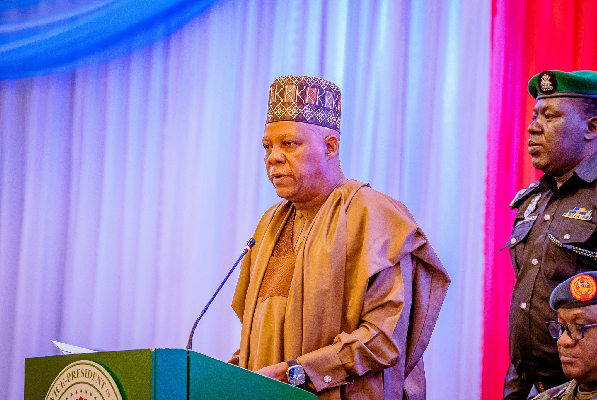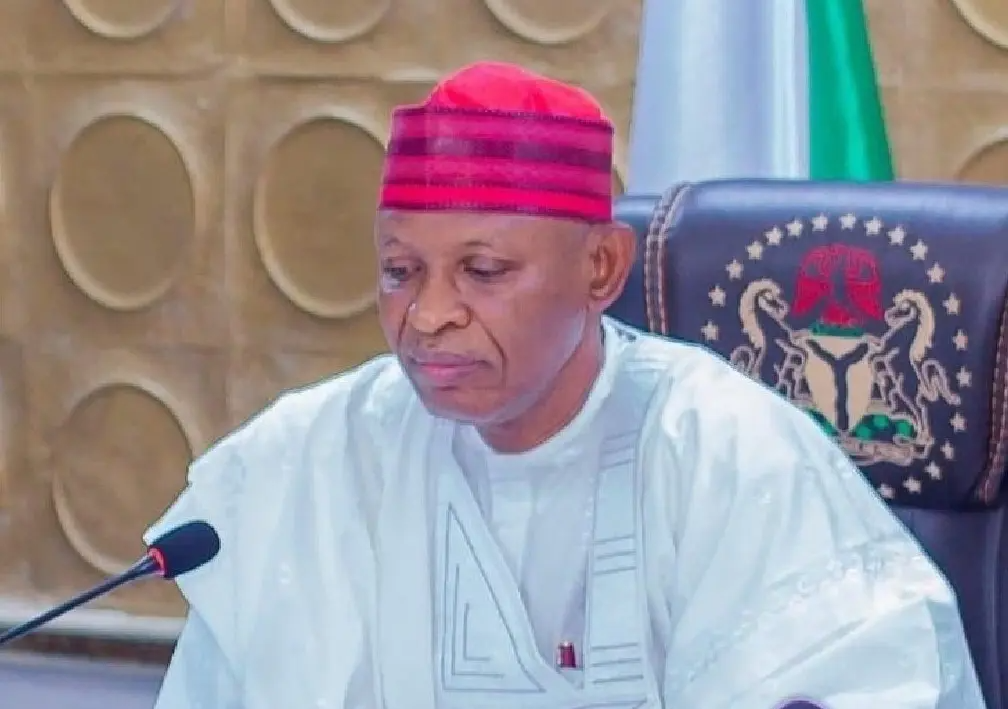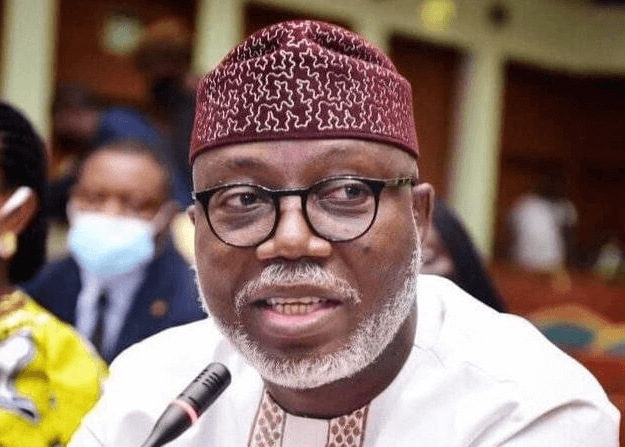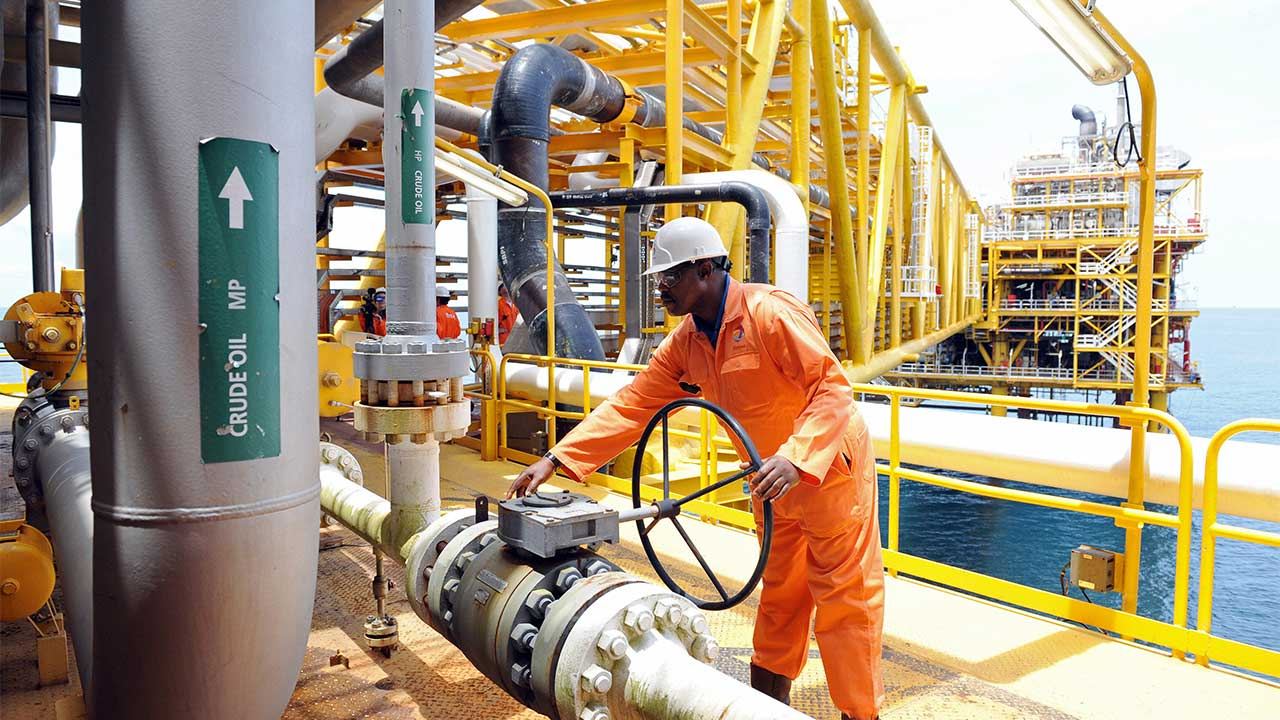The debate over the face-off between the Nigerian Midstream and Downstream Petroleum Regulatory Authority (NMDPRA) and the chairman of Dangote Industries Ltd, Alhaji Aliko Dangote, assumed a heated dimension, with Dangote Refinery insisting there were plans to frustrate its operations.
Before the plant came on stream, some Nigerians expressed the hope that the lingering fuel scarcity was set to end. With Dangote alleging that there were manoeuvres by some oil cabals to undermine the refinery by denying its access to crude oil, Nigerians’ reaction, majorly predicated by emotion, was spontaneous.
Recurring Narrative
After the refinery threw the first stone of claim, an interview by its top official widened the gulf between the regulator and the refining plant. Some rose to challenge what they perceived to be the machinations of Western powers. The intrigue to make fuel imports irreversible in Nigeria became real when former President Olusegun Obasanjo declared that corruption was making it impossible for the government to revive state-owned refineries.
Beyond the emotive outbursts of linking the non-availability of crude for Dangote, reality checks have shown that, with no arrangements with the International Oil Companies (IOCs) for feedstock, the allegations by Dangote eventually turned out to be a hoax. The behemoth refinery built by Africa’s richest man was bound to face hitches as there was no agreement with the IOCs to acquire crude oil for the plant.
The absence of sale agreements with oil companies was a precursor to insufficient feedstock. Despite investing $1 billion as part payment for acquiring 20 percent equity by the Nigerian National Petroleum Company Limited (NNPCL) in Dangote, the remaining that was to be paid in crude oil was insufficient to provide feedstock for the refining plant. With a daily refining capacity of 650,000 barrels, the refinery’s prospects of accessing enough crude feedstock became dimmed.
Lest we forget, the oil sector thrives on market margins, as crude oil sales in international business differ. These margins could sometimes be from $1.5 to $20 per barrel. Through the Production Sharing Contract (PSC) with the Nigerian government, the oil companies give the government their shares, while taking their shares of crude to marketers. It’s not strange that Dangote Refinery is importing crude from abroad since it uses various grades of crude for blending.
Facing Realities
When the Farouk Ahmed-led NMDPRA raised the red flag over the non-possession of license by Dangote for its operations, those not privy to the workings of the oil sector smelt a rat. Unknown to them, the refinery must be issued a license to engage in various operations. For instance, the sulphur content of petrol produced by Dangote has been a subject of controversy. Strangely, despite having 11 NMDPRA workers in the Dangote plant who report on the daily sulphur content of fuel refined in the plant, some Nigerians would rather believe sentiments than facts on the ground.
Considering the argument between the regulatory authority and Dangote Refinery, it’s obvious that the muddying of issues premised on emotions has overwhelmed the sense in the debate. There are still many rivers to cross before Dangote Industries Ltd can tackle difficulties in obtaining $1.8 billion working capital to gain favourable International Fitch ratings. Just some days ago, the Fitch rating reflected the precarious liquidity position of the business conglomerate when it downgraded Dangote Industries Limited.
The businessman may be applauded for his entrepreneurial sagacity, but the call by some Nigerians that crude be supplied to his refinery less what the IOCs are selling amounts to creating a monopoly. Despite achieving the dream of building a refinery, the regulatory authorities must be allowed to do their jobs without let or hindrance, and in line with global best practices. To avoid any monopoly in the midstream and downstream sectors, the nation’s moribund refineries should be resuscitated to create a competitive platform. Allowing Dangote Refinery to operate alone may turn out to be a staircase for the emergence of a monopoly in the downstream sector. The consequences may prove disastrous in the end.
What Should Be Done
Unlike other business endeavours, the oil sector, influenced largely by global operations, is abhorrent of monopolistic tendencies. When the rules are shortened for others, the economy and the health of the sector suffer for both the citizens and the nation. Dangote may have fared better under previous administrations in the pursuit of his economic dreams, but the current government under President Bola Ahmed Tinubu may not be favourably disposed to the past. In the face of present financial constraints faced by Dangote, as reflected in the recent Fitch rating, the entrepreneur who hails from Kano and walked his path to become the richest man in Africa, should consider the option of divesting some of his shares in the refinery. Instances abound where entrepreneurs sell off the majority of their shares to keep their enterprises afloat.
In building the world’s largest single-train refinery, Dangote has killed an elephant in the forest. However, he alone can’t carry this on his head; he must reach out to others to assist him carry the elephant for the benefits of his fellow citizens and the world. Like his friend and founder of Microsoft, Mr Bill Gates, the time has come to divest his shares and save himself the trauma of running the show as the biggest shareholder of a global business conglomerate that is gradually entangled in financial constraints as shown in recent credit ratings by Fitch.

 2 months ago
100
2 months ago
100















 English (US) ·
English (US) ·